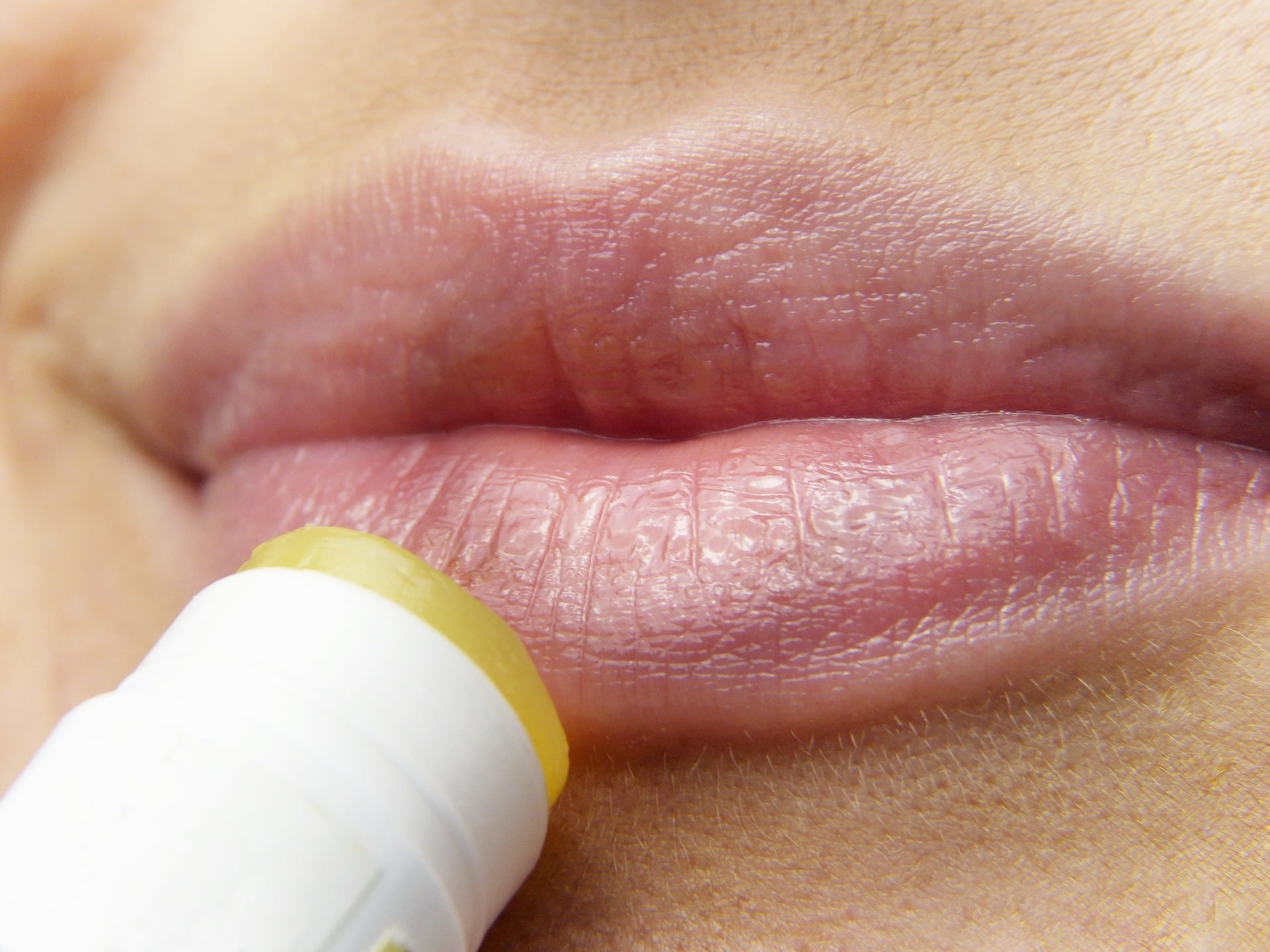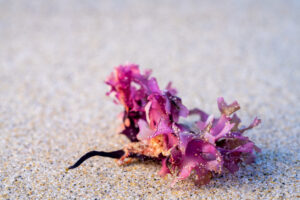If you’ve been looking into natural cold sores and herpes remedies, you may have come across Lysine as a common recommendation for preventing new outbreaks. It has been around for quite some time, so let us have a look at why it’s been such a widespread recommendation, and whether it’s as promising as it seems.
What is Lysine?
Lysine (or sometimes written as L-lysine), is an amino acid that is found in proteins, both in our bodies and in the foods we eat. It is one of the ‘essential’ amino acids, meaning that our body cannot make it on its own, and we must consume it in our diets.
How is Lysine implicated in herpes and cold sores?
The virus that is responsible for causing herpes and facial cold sores, called HSV, is known to have proteins that are especially rich in the amino acid Arginine, and very few proteins with Lysine. Since so many of it’s proteins require Arginine, it becomes a critical amino acid for its ability to replicate. Both Arginine and Lysine are taken up by the virus using the same transporter in its walls. In theory then, if the virus’s environment was particularly rich in Lysine and low in Arginine, the transporter will be overloaded with all the Lysine, and miss out on the more critical Arginine. This would hamper its ability to multiply and therefore lessen outbreaks.
What does the evidence say?
The theory of Lysine out-competing Arginine was good enough to inspire some research into the matter. The quality of the research overall has been rather mixed, and the results are equally so. Some evidence was convincing enough that Lysine supplementation has been approved and recommended for herpes prophylaxis for many years, but more recent evidence that looked into the collective data has shown that it is not as effective as hoped. Nonetheless, many users of lysine report anecdotally that it is effective at reducing outbreaks.
What’s the takeaway?
Since Lysine is a relatively safe and low-risk substance, it may be worthwhile to speak with a healthcare practitioner about it and give it a try to see if it could reduce your frequency and severity of outbreaks. It can be taken as a supplement, or increased in the diet by consuming high lysine foods such as legumes, poultry, fish, parmesan cheese, eggs, spirulina, and soy. Other immune supporting foods can also help. However, given the body of evidence, it probably shouldn’t be the sole therapy you undertake to manage HSV, but rather a supportive one.
References





